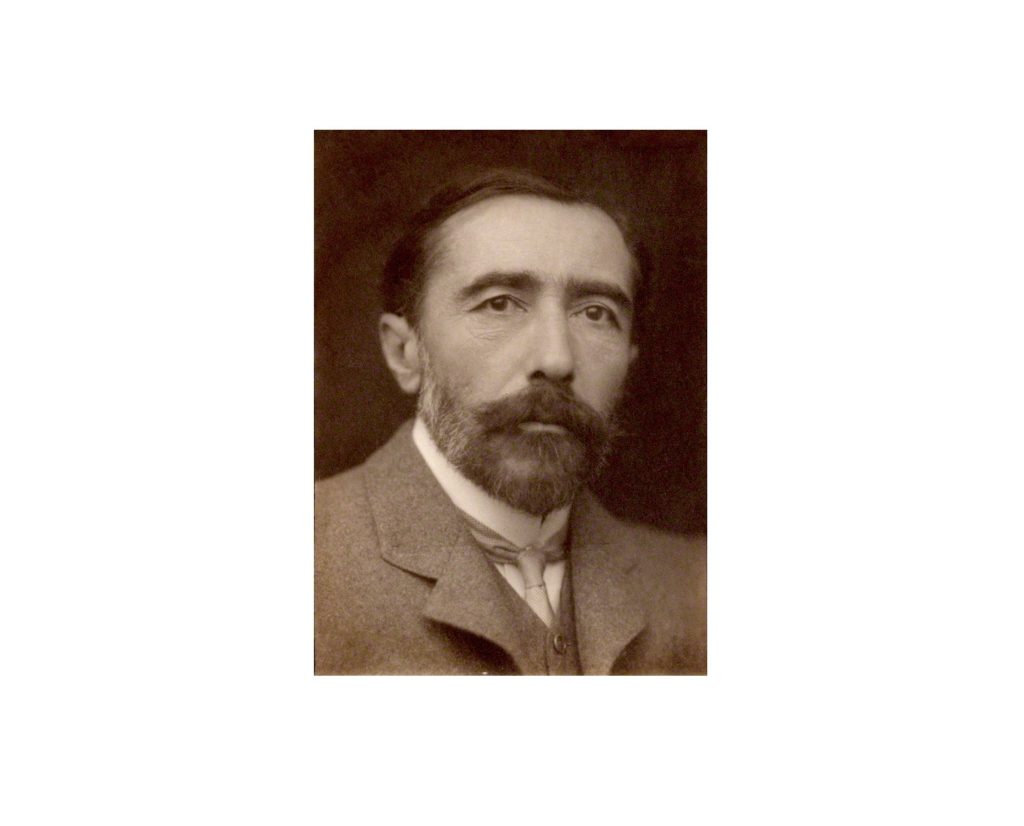Man trying to rule another man, an Empire trying to dominate the world and an idea to travel that completely changed the world; these are the things that one should understand when they are trying to seek knowledge about colonialism. Colonial literature is dominated by the colonizers who took hold of other lands for spreading the Empire and changing the religious beliefs of the people in the colonies.
White man as protagonist
The British Empire went on voyages to different continents to seek resources of different sorts to expand their reign on the world. Pigments played a prominent role in their efforts to achieve this reign as African and Asian continents had high pigmentation and the British have low melanin making the skin white. This was considered unique by most of the colonial people and many worshipped the “white” as celestial beings. As a result, most writers of the colonial age highlighted this aspect and made white man as the protagonist saving the colonial people from trouble. The perfect example of colonial literature fitting this is Joseph Conrad’s Heart of Darkness.
Christian missionaries
During the many battles that took place between the Colonizers and Colonies many of the traditions in various continents got extinct. Colonial people were brainwashed with Christianity instead of helping them find their Roots. Solomon Northup in the book Twelve Years a Slave explains how slaves are asked to get into Bible readings. There are many such instances in Colonial literature where the role of missionaries in “enlightening” the innocent [or stupid] colonial people is exaggerated.
Justifying colonization
According to a survey, most British nations believe that colonization was the right of the British people and this survey was conducted in the 21st century. If such is the case in 21st century, one can expect how colonizers felt pride and superiority in suppressing other nations. Colonial literature and writers [most of them] tried to justify the same through their works. In their view, colonization was important to teach the world a way of life that helps to get better. However, many nations are experiencing a downward curve thanks to the concepts of the English.
Depicting indigenous people as savage
The diverse culture of African and Asian people was chaotic to understand for the Empire with pretty much a single notion of culture. As a result, the colonizers and the missionaries considered the colonial people as savages and their culture as barbaric. Colonial literature, with example of E. M. Forster’s A Passage to India suggests that Hinduism is chaotic whereas Islam and Christianity are well organized depicts how western authors understood the culture and people of the colonies. Chinua Achebe wonderfully explains in Things Fall Apart about colonizers and what they think of the tribes of Africa.
Colonial literature has become rudimentary and dissolved only as a part of research for scholars. There are few exceptional works that stand out that are classic for their narration and depiction of the woes of the colonies and the colonizers. The whole colonial period is considered vast and spread across continents the result being colonial literature becoming too diverse and complex for readers to remember as well as enjoy. Historians believe that colonization began in the 17th century and came to an end in the 20th century; there are many literary movements during this period in English literature which does not have any part in colonization. Colonial literature and its characteristics can be found in the works of many writers; but, they are not considered as colonial writers. It sounds confusing, but that is the nature of colonization and colonial literature.
Colonialism & Literature - Download in PDF

